This installment of The Pomp Letter is free for everyone. I send this email to our investors daily. If you would also like to receive it every morning, join the 50,000 other investors today.
To investors,
Everyone is well aware of the current social unrest in the United States. We spent the weekend watching video after video of protestors taking to various cities to voice their concerns. Some of those protests remained peaceful, while others became violent. The display of defiance may have been different in each city, but the root cause of this unrest is the same. The driving forces are not simply explained. The rest of this letter will be aimed at explaining as much of the complexity as possible. It will then end with a few potential options to pursue moving forward to create systematic change.
Before we get into the problem though, many of you are going to ask, “What do you know about these issues?” I think it would be helpful to address this question directly upfront. First off, I don’t have all the answers. I can’t pretend to know or imagine what it is like to be black in America. These issues are complex and no one person fully understands them. But to give you context, I do however have a unique combination of experiences and education that likely creates a different perspective than what many of you are reading in the legacy media outlets.
I studied Economics and Sociology at Bucknell University, a predominantly white university in the Patriot League. While in school, I played football on their Division 1-AA team. Additionally, I served in the US Army and National Guard for 6+ years, including a deployment to Iraq in 2008 - 2009. I finished my military career as a Sergeant in the Infantry.
So why does this experience and education matter?
A good portion of my life has been spent balancing the academic theories of economics and sociology with the real-life experiences of racism and war. The education experience was fairly traditional. It consisted of everything from Economics 101 to macro and micro economic courses. The sociology course load was heavy on criminal justice, psychology, and legal studies. The real-life experience is the part that would be hard for most to replicate.
Let’s start with the football team. Most of my teammates were minorities from urban areas around the country. Many of them became my closest friends and still are today. These teammates were drastically outnumbered on the predominately white campus, and I was personally there for many racist encounters. Some of these situations were diffused when a teammate would collect themselves and walk away, but some of them would end in fist-fights between football players and racist students.
It was always shocking to me to see the blatant racism. The “n” word would be thrown around liberally. Entry to a party would be denied. Or my black teammates would be specifically targeted by police and campus security. Many of these incidents would happen with white teammates standing nearby, and there was a clear difference in the way that each of us was treated in the situation. It would be an understatement to say that I not only had my eyes opened to racism in our country, but also to the arrogance that racists had when acting on their ideas.
Next, there are very few people who have stood in a foreign combat zone with a rifle in their hand. The power and responsibility that comes with that is hard for most to understand. I’ve seen the fear in citizens’ eyes when a gun is pointed at them. I’ve seen the anger in a family when they lost a loved one to violence. And I’ve spent time with men and women who have done some incredibly heroic things during heavy combat.
These experiences, overlaid with the academic education, have led to the formation of a worldview that recognizes incredible nuance in the situation that the United States is facing today. This chaos is not one-dimensional. It is multi-faceted. But ultimately, it is backlash over privilege.
There are three types of privilege at play right now — racial privilege, economic privilege, and power privilege. I will explain each in detail below. They are different, yet interrelated.
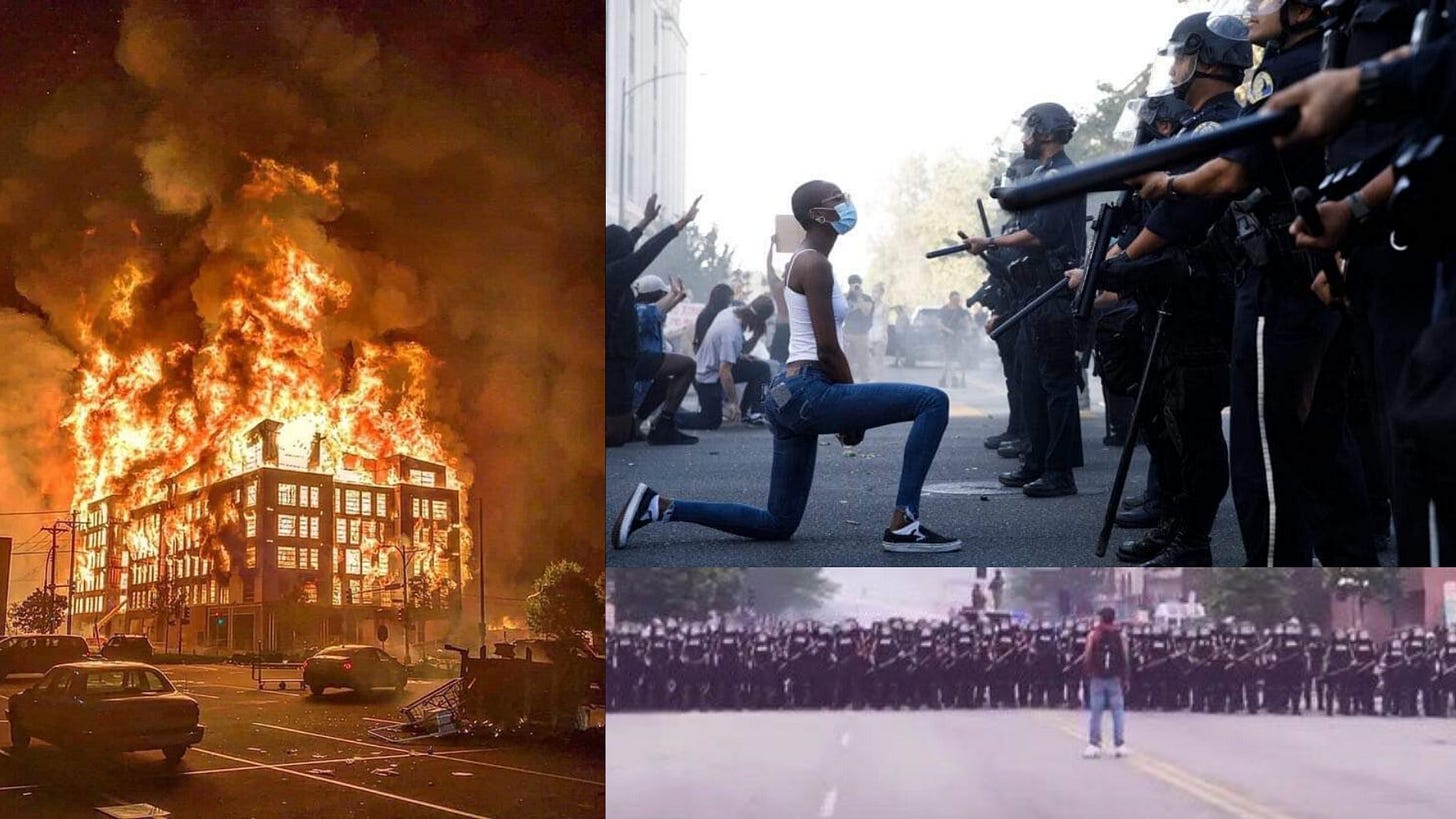
Racial Privilege
There are very few people who would argue that racism does not exist in American society today. Racial privilege is more nuanced than that though. It refers to the way that minorities, especially African-Americans, are treated differently by law enforcement and the government. There are mountains of academic research that back up these claims, but one of the best reads is a book by Jeffrey Reiman titled “The Rich Get Richer and The Poor Get Prison: Ideology, Class, and Criminal Justice.”
The best selling book is summarized as follows:
“The criminal justice system is biased against the poor from start to finish. The authors argue that even before the process of arrest, trial, and sentencing, the system is biased against the poor in what it chooses to treat as crime….the dangerous acts of the well-off are almost never treated as crimes, and when they are, they are almost never treated as severely as the crimes of the poor. Not only does the criminal justice system fail to protect against the harmful acts of well-off people, it also fails to remedy the causes of crime, such as poverty. This results in a large population of poor criminals in our prisons and in our media. The authors contend that the idea of crime as a work of the poor serves the interests of the rich and powerful while conveying a misleading notion that the real threat to Americans comes from the bottom of society rather than the top.”
Reiman uses the Pyrrhic Defeat Theory to “suggest that the criminal justice system's intentions are the very opposite of common expectations; it functions the way it does in order to create a specific image of crime: one in which it is actually a threat from the poor. However, to justify the truth of the idea there must be some substance to back it up. The system needs to fight crime, to some extent at least, but to an amount only to control it and ensure it stays in a prominent position in the public eye, not enough to eliminate it.”
He also uses the “carnival mirror” metaphor to highlight “a distorted image of the dangers that threaten us.” The entire idea is based on the fact that the media and society has created a narrative that suggests young black males commit the majority of crimes, when in reality, the most serious or largest-scale crimes are conducted by white corporate executives and do not come to mind when speaking of crime. (Example: See Jeffrey Epstein documentary on Netflix)
Simply, police officers target black communities more aggressively because the legal system, from the laws on the books to the sentencing process, incentivizes them to “get tough on crime.” But just as a company can only move the metrics that it measures, law enforcement will only arrest people in the communities that they police. This racial disparity gives white people a significantly lower probability for being arrested, while it drastically increases the likelihood that a young black man will end up in prison.
This is not only academic theory either. The data strongly supports the thesis. Between 2013 and 2019, police in the US 𝗸𝗶𝗹𝗹𝗲𝗱 7,666 𝗽𝗲𝗼𝗽𝗹𝗲. Black Americans are 2.5 𝘁𝗶𝗺𝗲𝘀 as likely as white Americans to be shot and killed by police. According to a 2016 report from The Sentencing Project, “African Americans are incarcerated in state prisons at a rate that is 5.1 times the imprisonment of whites. In five states (Iowa, Minnesota, New Jersey, Vermont, and Wisconsin), the disparity is more than 10 to 1. In twelve states, more than half of the prison population is black: Alabama, Delaware, Georgia, Illinois, Louisiana, Maryland, Michigan, Mississippi, New Jersey, North Carolina, South Carolina, and Virginia. Maryland, whose prison population is 72% African American, tops the nation.”
Lastly, counter-intuitively, this racial privilege exists regardless who is running the local, state, or federal government. Professor Cornel West was recently on CNN and he laid out an incredible 5-minute argument about why “the system can not reform itself.” Pay particular attention from 0:40 - 2:15 minute marks.
Racial privilege is real and it is one of the three main drivers of privilege that leaves a significant portion of the US population suffering.
Economic Privilege
The United States economy is built on the idea that the majority of the population doesn’t understand how money works. There is a concerted effort to avoid teaching personal finance and related topics in our public schools. This lack of education, combined with the systemic theft of the poor, has led to an ever-widening inequality gap. Quite literally, the rich are getting richer and the poor are getting poorer.
We live in a country where the Federal Reserve’s 2018 Survey of Household Economics and Decision Making concluded that 40% of Americans could not come up with $400 for an emergency payment without selling some of their possessions or going into debt. Additionally, almost 50% of Americans don’t own a single stock. Allison Schrager from Quartz wrote in September 2019: “Mostly, it is low-income Americans who lack access to a retirement account or can’t afford to contribute. Ninety-two percent of working, non-stock owning Americans don’t participate in a 401(k)-type plan, while 72% of stock owners contribute to a retirement account. The stock owners also earn much more: Their median income is $90,000, compared to just $45,000 among Americans who don’t own stock.”
This understanding of asset allocation for individual’s wealth is essential to understand because it is what ultimately determines economic privilege. Our capitalist society changed the rules in 1971 when we went off the gold standard, which allowed the Federal Reserve and US government to create money out of thin air.
This transition to a system that relies on the decision-making of approximately 12 people led to an economy that devalues US dollar cash and inflates the price of assets (stocks, real estate, gold, etc). Those that have the financial education benefit from economic privilege and subsequently capitalize on it. Those that do not understand the rules of the game, nor have the capital to participate in the game, have their wealth systemically stolen from them over time.
And this was before the government-mandated shut down of the economy occurred. This shut down has disproportionately affected those in lower socioeconomic classes. There have been 40+ million Americans who have lost their jobs. These people have watched over the last 2.5 months as the stock market continues to rapidly recover and they are still sitting at home without employment. At some point, the economically disadvantaged get angry enough, and have nothing left to lose, so they take to the streets to protest.
Power Privilege
This is the most misunderstood and least explained aspect of privilege. It is also the single most important one, because it supports every other aspect of privilege in society. In the simplest form, the government enjoys a monopoly on violence. This monopoly allows the government and its agents to do a plethora of things that are not widely available to private citizens. They can forcibly take your personal freedom. They can silence you. And as we have seen time and again, they can take your life.
Most people in the United States operate under the mirage of freedom. The wealthy and non-minority population will espouse the American ideals of free speech, democracy, and individual rights. They will claim moral superiority over foreign nations that do not embody the ethos of the US Constitution. But in practice, there are two realities in America — one where people know that we do not have freedom from the government and another that falsely believes that freedom still exists. Minority communities, especially black ones, fall under the first reality and everyone else is in the second.
Black families have seen the militarization of the police throughout their communities. There are constant patrols. Constant racial profiling. At any time, a police officer can stop you, question you, search you, punch and kick you, or arrest you.
To those in the second reality, this sounds absurd. They just don’t see it on a daily basis, so they find it hard to believe. Police officers have been granted more powers over time and they haven’t failed to apply that power privilege to do bad things.
According to the New York Times, “Police officers don’t face justice more often for a variety of reasons — from powerful police unions to the blue wall of silence to cowardly prosecutors to reluctant juries. But it is the Supreme Court that has enabled a culture of violence and abuse by eviscerating a vital civil rights law to provide police officers what, in practice, is nearly limitless immunity from prosecution for actions taken while on the job. The badge has become a get-out-of-jail-free card in far too many instances.”
Those in black and lower socioeconomic communities already knew this without The New York Times having to tell them. They see it on a daily basis. But the second reality, the world where those in other communities falsely believe that freedom still exists, are just now starting to see the power privilege at play. There have been hundreds of videos on social media of the police brutalizing people during the protests against police brutality. The irony would be funny if it wasn’t so screwed up.
Here is a video that someone put together with just a few of the most popular clips. I highly suggest watching this:
The media has been quick to cover the protests from a single perspective — protestors are the ones who are out of line. But is that really true? Or are we seeing a small selection of police officers arrogantly display their power privilege?
The editors at Slate were directionally correct when they titled an article on Sunday “Police Erupt In Violence Nationwide.” There are definitely some civilians that have been violent, and there are plenty of police officers that are good, well-intentioned people, but it is increasingly clear that we have militarized our police and given them way too much power.
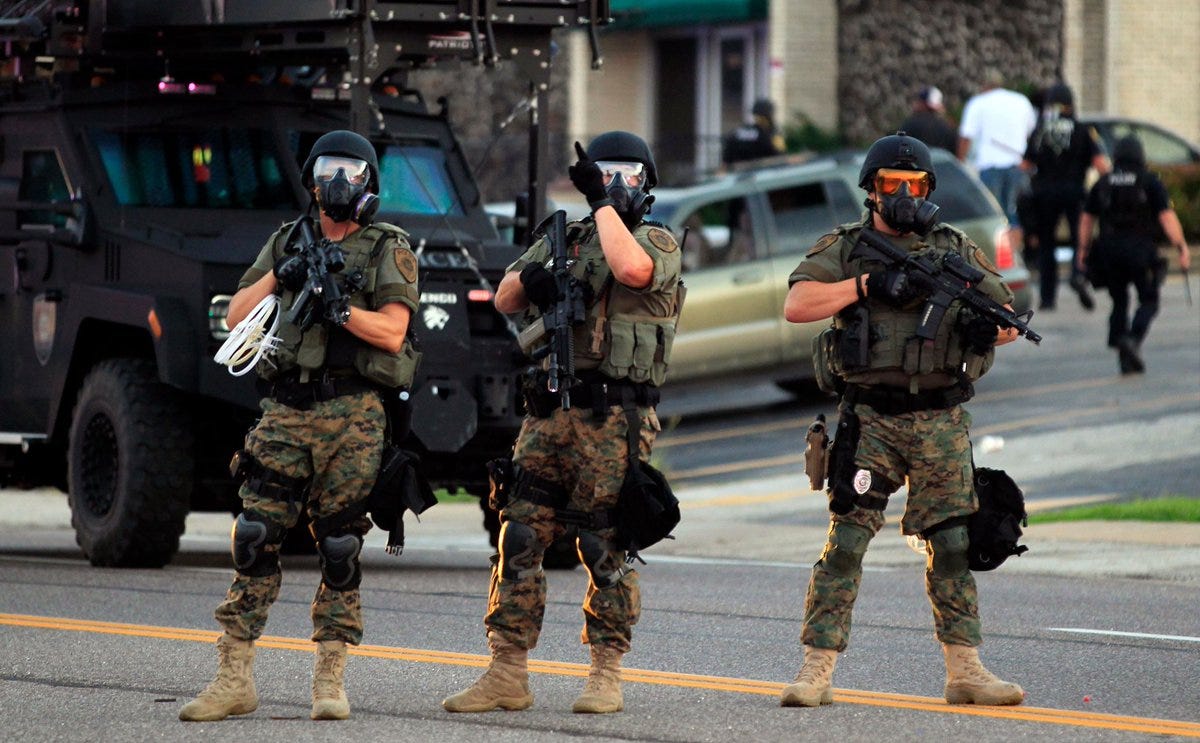
On top of the legal powers they have received, the United States has also handed local and state police departments immense amounts of surplus military gear and weaponry that was originally intended for soldiers fighting the wars in Iraq and Afghanistan. Think about that. We have police officers walking around the streets of our communities with the tools our soldiers used to fight combat wars abroad against terrorists.

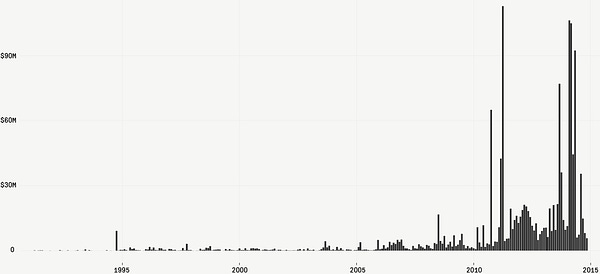
One of my favorite quotes is “People sleep peaceably in their beds at night only because rough men stand ready to do violence on their behalf.” This sounds great when those rough men are ready to meet and destroy the enemies of our nation, but it sounds frightening when those rough men are unleashed to do violence against us.
And whether people realize it or not, that is exactly what is happening. While there are many police officers who create a net positive on society, there are plenty who are leveraging their power privilege to disproportionately target and harm African-Americans and those in lower socioeconomic classes.
This is why we are seeing tens of thousands of people in the street. They have finally had enough.
What’s Next?
The great Martin Luther King Jr. once said, “A riot is the language of the unheard.” That could not be more true today. We are watching as a big percentage of Americans are lashing out against the system of privilege. They may not be able to articulate the ideas of racial, economic, and power privilege, but they feel the impact of them on a daily basis. They fear for their lives when they walk outside. They constantly feel like they can’t get ahead. And they go to sleep every night knowing that the current system doesn’t serve their needs.
These are not new ideas. Malcom X was preaching this decades ago when he said, “I do believe that the black man in the United States, and any human being, anywhere, is well within his right to do whatever is necessary, by any means necessary, to protect his life and property, especially in a country where the federal government itself has proven that it is either unable or unwilling to protect the lives and property of those human beings.”
Something has to change. Every citizen must feel safe and protected. They must know that they have an opportunity to build a life of wealth and happiness. The path to that future world is not filled with philanthropy, viral tweets, or “thoughts and prayers.” The path to that future world is littered with the hard work of changing the system.
We must do the following:
Change the laws — There should be equal application of the law, regardless of race and socioeconomic status. This will require hard conversations and a complete divergence from decades of ideas that have been ingrained in our heads. The changes in the legal system should be throughout the entire system, from what is legal and what is not, to how we sentence convicted criminals.
Demilitarize the police — Kanye West once said, “No one man should have all that power.” We need to adopt a national policy that “no one policeman should have all that power.” There is no need for military vehicles and combat gear on the streets of our communities. We can give police officers the tools they need to “protect and serve,” while training them on how to treat people with respect, de-escalate tense situations, and persistently do the right thing by the citizens they are tasked with serving — regardless of their skin color.
Optimize for unity, rather than division — Times of crisis call for leadership. We need as many leaders as possible to get out on the streets, spend time with all socioeconomic classes, and bring unity among Americans. This is not the time for divisive politics or posturing for the next election. Our country is mourning right now, so let’s bring people together, rather than stoke more dissent and disagreement. As the saying goes, “United we stand, divided we fall.”
There is a light at the end of this tunnel. It may be hard to see today, but it is there. Our fellow Americans are in the streets because they can no longer continue with the status quo. They are standing up for themselves. They are calling for help. They are shining a bright light on the darkness of a system that has stacked the deck against them.
The world will be a much better place if the rest of us started listening.
-Pomp
Special thank you to Tyrone Ross, Polina Marinova, and a few others who asked not to be named for reviewing early drafts of today’s letter.
This installment of The Pomp Letter is free for everyone. I send this email to our investors daily. If you would also like to receive it every morning, join the 50,000 other investors today.
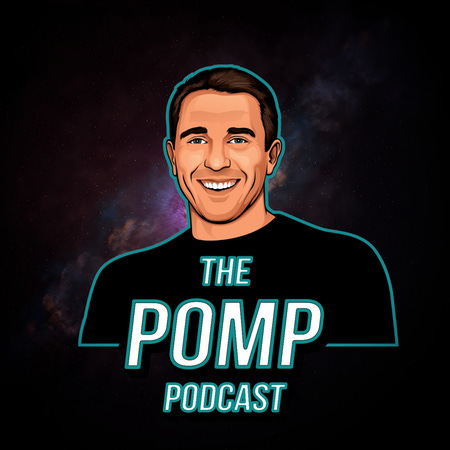
LISTEN TO THIS EPISODE OF THE POMP PODCAST HERE
Shervin Pishevar is one of the most successful venture capitalists in Silicon Valley. He has previously invested heavily into companies like Uber, Airbnb, and many others. Shervin was also the former founder and executive chairman of Hyperloop One, an ambitious plan to change the way that humans and cargo are transported. This was a great conversation, so highly recommend it.
In this conversation, Shervin and I discuss:
Elon Musk
Travis Kalanick
The various industry-defining companies that Shervin has backed
Why creators control the new media paradigm
Why Shervin believes Bitcoin is a long-term systemic bet on humanity
I really enjoyed this conversation with Shervin. Hopefully you enjoy it too.
LISTEN TO THIS EPISODE OF THE POMP PODCAST HERE
We have started a new show exclusive to YouTube called Lunch Money. The goal is to cover current events in business, finance, and technology from the perspective of the every day citizen, rather than the talking heads on television. It is just as funny and entertaining as it is educational. Hope you enjoy it and make sure you go subscribe to the YouTube channel!
Podcast Sponsors
These companies make the podcast possible, so go check them out and thank them for their support!
TaxBit automates your cryptocurrency taxes, enabling you to effortlessly track, calculate, and report your transactions. Get 10% off your tax plan today with a free trial by going to www.taxbit.com/invite/Pomp
Unstoppable Domains is working to make the internet operate how it was originally intended, which means anyone can publish anything from anywhere. You can go to unstoppabledomains.com and claim your censorship resistant domain today.
BlockFi allows you to keep your crypto, put it up as collateral, and receive a USD loan funded directly to your bank account. They do loans ranging from $2,000 to $10,000,000, and they're perfect for helping you reach your financial goals of all sizes. Visit BlockFi.com/Pomp to learn more about putting your crypto to work without having to sell it by getting a loan or earning interest in their interest bearing accounts.
Crypto.com allows you to buy, sell, store, earn, loan, and invest various cryptocurrencies in an user friendly mobile app. Join over one million users today. You can download and earn $50 USD with my code “pomp2020” when you sign up for one of their metal cards today.
Blockset by BRD is your hosted blockchain infrastructure. Blockset enables enterprises and developers around the globe to deliver high-quality blockchain-based applications in a fraction of the time, at a fraction of the cost.
If you enjoy reading “The Pomp Letter,” click here to tweet to tell others about it.
Nothing in this email is intended to serve as financial advice. Do your own research.




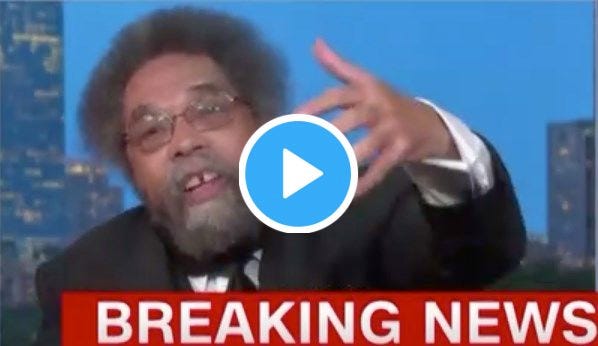

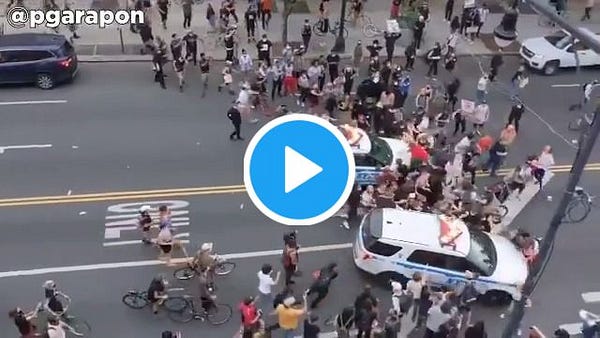


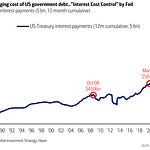

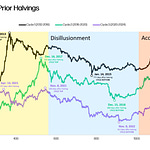



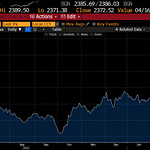
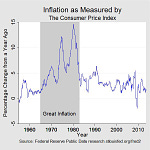
America In Turmoil: How Racial, Economic, And Power Privilege Led Us To Social Unrest